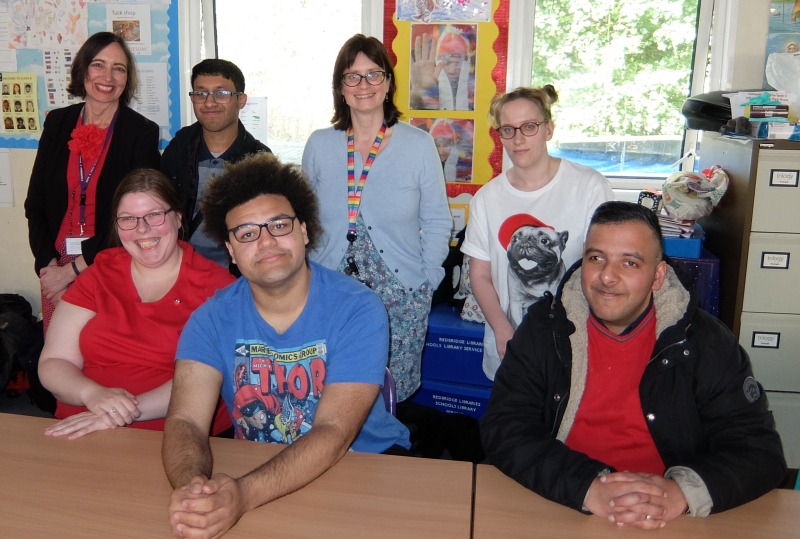Sharing Space
Introduction
The work we are choosing to celebrate in Sharing Space builds from the original Shared Space project. A partnership between the University of Bristol and the National Association of Teachers of Religious Education (NATRE) investigated the claim that RE promotes warmer community relations through a knowledge exchange partnership. Read more about the Shared Space project (PDF, 491kB).
We were particularly interested to think about how this might happen in classrooms and schools. We looked at this question through a social psychological lens based on Alport’s ‘contact hypothesis’ (Williams et al. 2019).
Activities
Activities in this body of work explored how the contact principles might apply to RE teaching:
- equal status
- collaboration
- working towards common goals
- within a context of wider institutional support.

A key idea was the notion of being ‘in residence’, along the lines of an ‘artist in residence’ over a period of time. On our project we had two teachers who were welcomed to ‘residencies’ at Bristol University for a period of one week each (along the lines of the Farmington Fellowship scheme for RE teachers in England ). This enabled them to participate in a research-informed community of inquiry.
In turn, the researchers in residence were welcomed to local group meetings of RE teachers to share conversations about RE and diversity in convivial surroundings. We consciously addressed the issue of inter-group relationships between researchers and teachers by applying the contact principles (see above) to our own relationships.
In June 2018 a 24 hour Shared Space residential event generously sponsored by the Westhill Trust extended the opportunity to be in residence to a wider group of 24 RE teachers.
Our worry…
Teachers do not perceive researchers as understanding what happens in the daily life of the classroom, therefore what researchers can contribute to practice is viewed with scepticism.
